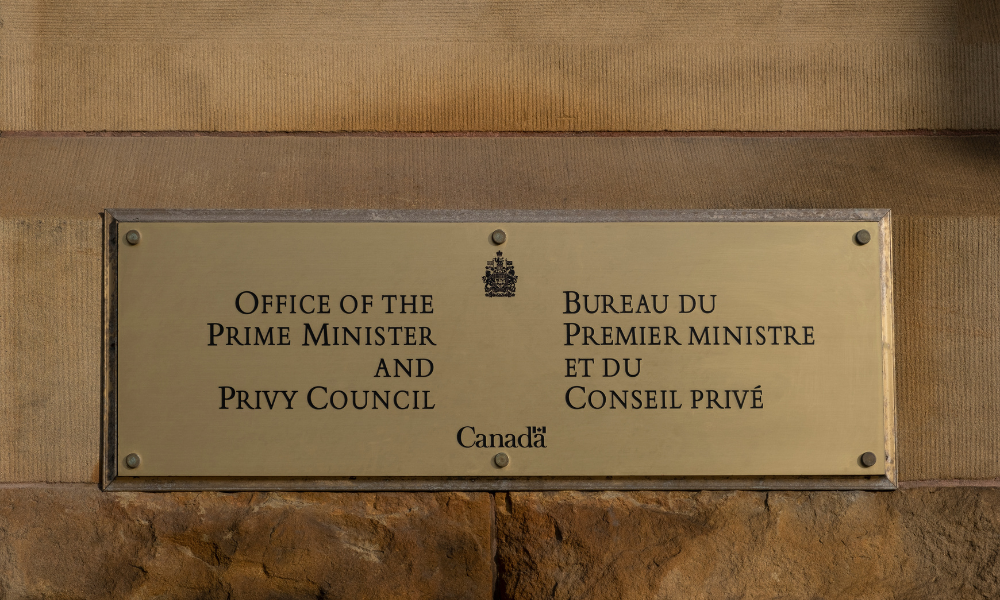Economists weigh in on the possible repercussions of the prime minister's decision to step aside

Prime minister Justin Trudeau’s announcement of his resignation has set off a wave of political and economic uncertainty across Canada. With Parliament prorogued until March 24, economists are warning that the “power vacuum” and potential policy shifts could disrupt the country’s economic recovery.
Trudeau confirmed on Monday that he would step down after a new leader of the Liberal Party is chosen. The decision follows months of mounting criticism and the December resignation of deputy prime minister and finance minister Chrystia Freeland, which plunged the government into crisis.
The impact of the announcement was immediate. The Canadian dollar fell below $0.70 US for the first time since the pandemic’s early days, and Bloomberg’s Canada Economic Policy Uncertainty Index surged to a record 650.
Investor confidence shaken
Tu Nguyen, an economist at RSM Canada, said the resignation introduces “a new wave of uncertainty” that could deter foreign investment. Political stability has historically been one of Canada’s strengths, attracting global investors, Nguyen noted, and this shakeup creates hesitation at a critical juncture for the economy.
“This latest bout of political instability could delay recovery as businesses could delay hiring and investments, instead adopting a wait-and-see approach,” she told the Financial Post. Nguyen highlighted that, as inflation eases and the Bank of Canada considers interest rate cuts, 2025 was expected to be a rebound year, but political instability could jeopardize the recovery.
Trade tensions and a ‘power vacuum’
Economists also highlighted the potential fallout from trade tensions. Stephen Brown of Capital Economics pointed to US president-elect Donald Trump’s recent threat to impose 25% tariffs on Canadian exports. Brown suggested that a Conservative-led government might manage relations with the US more effectively, citing Conservative leader Pierre Poilievre’s pro-business platform.
Brown said a new government with policies aligned to US Republicans, such as balanced budgets and tax cuts, might find common ground, easing trade negotiations.
“At a time when Canada’s productivity performance has been so abysmal, we have some sympathy with the idea that overburdensome regulation is holding back the economy,” he said.
Looming federal policy shift
Tony Stillo, chief economist at Oxford Economics, predicts that Trudeau’s resignation will accelerate a “sea change” in federal policy, potentially triggering a spring election. If the Conservatives win the majority that recent polls suggest, Stillo foresees significant fiscal and regulatory changes, including reduced government spending, tax cuts, and the elimination of the carbon tax.
Do you have something to say about this story? Share your thoughts in the comments below.



